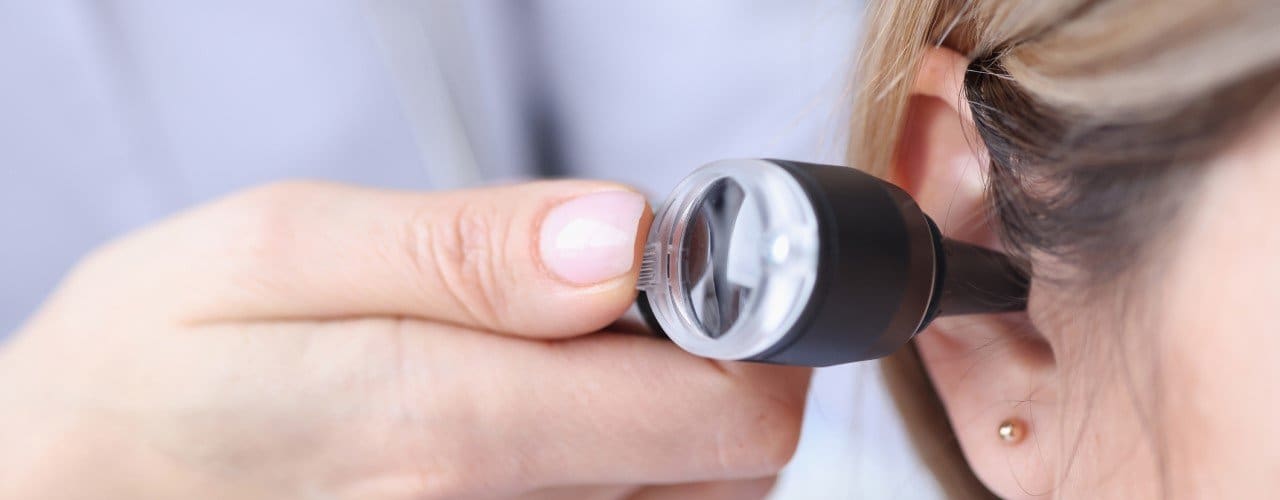Does Anxiety cause ear problems?
There has been a significant increase in the number of people struggling with anxiety in recent years. Thanks to conditions created by the pandemic and the pressures of life, stress has been something that many of us suffer from. Tinnitus – a ringing in the ears – is a condition that is associated with anxiety and research suggests that around 45% of people who have tinnitus also have anxiety symptoms.
What is tinnitus?
Tinnitus is a condition that affects the ears and can present in a number of different ways, including a hissing or buzzing sound, humming, fluttering or whistling that is not associated with any outside source of sound. It could be something that patients hear constantly or it may come and go. Tinnitus often causes issues when it comes to sleep, concentration and focus that can make it a difficult condition to live with. The treatment for tinnitus will usually depend on what’s causing it, which is why it’s really important to be able to identify whether anxiety is the reason for ear problems.
How does anxiety affect the body?
Human beings feel anxiety in response to stress and it tends to manifest itself in different ways in different people. Anxiety is a complex combination of thoughts, feelings and physical symptoms and it could present as worries and tension or it could be a physical problem, such as an increase in blood pressure. Other symptoms of anxiety include headaches, muscle tension, dry mouth, fatigue, rapid breathing and sleep difficulties. As nearly half of individuals who have tinnitus also have symptoms of anxiety there is a clear link between the two. That means tinnitus can worsen during times of stress and this can add to the anxiety burden. There is also a link between ear problems and depression, as research has found that up to 60% of those who are living with tinnitus also have symptoms of depression.
So, does anxiety cause ear problems?
It’s not yet clear which comes first, the tinnitus or the psychological condition but the two are clearly linked in some way. There is currently no cure for tinnitus but various different options exist to help manage it, especially where there is a clear connection to anxiety and stress. For example, antidepressants may be suggested as a solution to help ease the problem and provide some relief, and relaxation exercises and talking therapy can also help to identify a solution. There are also treatments that are aimed directly at the tinnitus itself, including sound therapy and hearing aids. Tinnitus masking is another effective way to help deal with the problem, involving the use of external noises to help ease hyperactivity in the auditory cortex (this is the part of the brain where sound information is processed).
Although it’s not yet known whether tinnitus is the result of anxiety, or the other way around, there is an obvious link between anxiety and this kind of ear problem. This points to some obvious and helpful starting points where treatment is concerned.
Harley Street is the UK's foremost private medical centre which is dedicated to providing high-quality care for your ear, nose, throat, head & neck, and balance-related disorders. Find out more information on how Harley Street ENT can help you with any ear problems that you may have.

